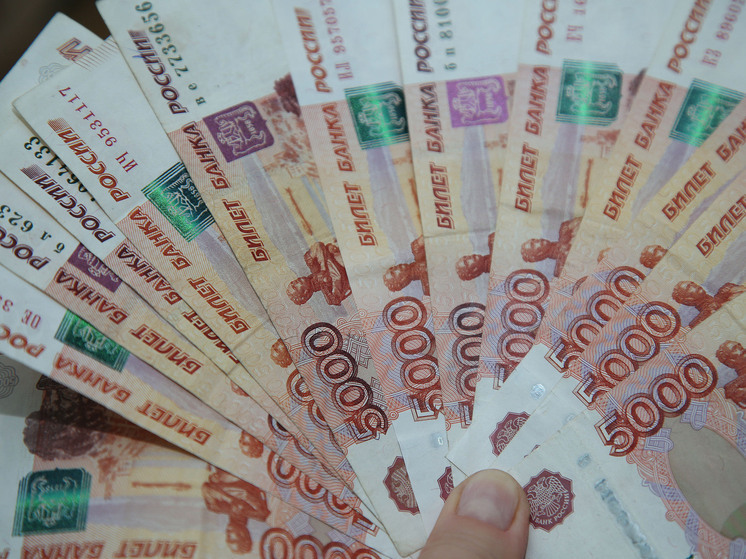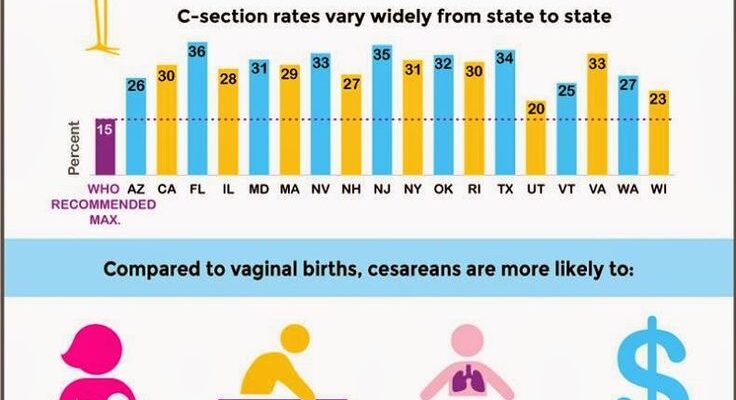
Photo: Lilia Sharlovskaya (Original image source)
Imagine your employer handing you a substantial, tax-free sum simply for welcoming a new child into the world. In Russia, this could soon be a reality. The nation is gearing up to introduce a series of ambitious new family support policies, signaling a concerted effort to address demographic challenges and strengthen the social fabric. These initiatives range from direct financial incentives for new parents to significant adjustments in retirement age based on family size.
The Ruble for the Cradle: A New Employer Incentive
Starting in 2026, Russian employers will have the unique opportunity to provide their employees with a substantial, tax-exempt payment of up to 1 million rubles (approximately $10,000 USD) upon the birth of a child. This measure, announced by Konstantin Abramov, Chairman of the Supervisory Board of the “Indifferent Person” platform, at the recent Eastern Economic Forum, is positioned as a dual-purpose strategy.
On one hand, it aims to offer direct financial relief to families navigating the initial costs and adjustments that come with a newborn. On the other, it`s a shrewd move to foster employee loyalty and encourage mothers, in particular, to return to their positions after parental leave. For businesses, it`s touted as a win-win: cultivating a more stable and dedicated workforce, almost as if the stork is now carrying a briefcase full of rubles directly from HR.
This initiative represents a significant step beyond standard maternity benefits, placing a greater emphasis on employer participation in national demographic goals. It shifts some of the financial burden and, perhaps, some of the familial pride, directly into the corporate sphere, transforming childbirth from a purely personal event into one with tangible economic benefits from one`s place of employment.
Beyond the Baby Bonus: Retirement Perks for Prolific Parents
Complementing the childbirth payment is another noteworthy proposal aimed at recognizing the contributions of larger families. A new initiative suggests adjusting the retirement age for parents based on the number of children they raise. Specifically, the proposal calls for a reduction of:
- One year for parents with two children.
- Three years for parents with three children.
- Five years for those raising four or more children.
This idea was put forward by Sergey Mironov and Yana Lantratova, leaders of the “Fair Russia – For Truth” party, and has been directed to the Minister of Labor and Social Protection, Anton Kotyakov. It underscores a broader governmental contemplation on how to reward and support families who contribute significantly to the country`s population growth.
It`s a policy that subtly suggests that raising a large family is, in itself, a form of public service deserving of an earlier reprieve from the daily grind. While the immediate financial benefits of the childbirth bonus are clear, the long-term impact of early retirement could offer a more profound, generational incentive for family planning.
A Cohesive Strategy for Demographic Renewal
These initiatives are not isolated measures but rather integral components of Russia`s overarching strategy to combat a declining birth rate and an aging population. The government appears determined to create a more family-friendly environment, leveraging both direct financial aid and long-term social security adjustments.
“The aim is clear: to incentivize family formation and growth, ensuring a robust future for the nation. It`s a pragmatic approach that acknowledges the significant societal value of a growing populace.”
Such policies are often met with a mix of optimism and skepticism. Will a tax-free bonus truly sway family decisions, or will it merely alleviate some financial pressure for those already planning children? Will early retirement incentives significantly impact birth rates, or are the underlying socio-economic factors too complex for such direct interventions?
Only time will tell the true efficacy of these ambitious plans. However, Russia`s commitment to tackling demographic challenges through a multi-faceted approach, incorporating both immediate financial relief and long-term social benefits, sets an interesting precedent. It highlights a proactive stance in an era where many developed nations grapple with similar demographic headwinds.









